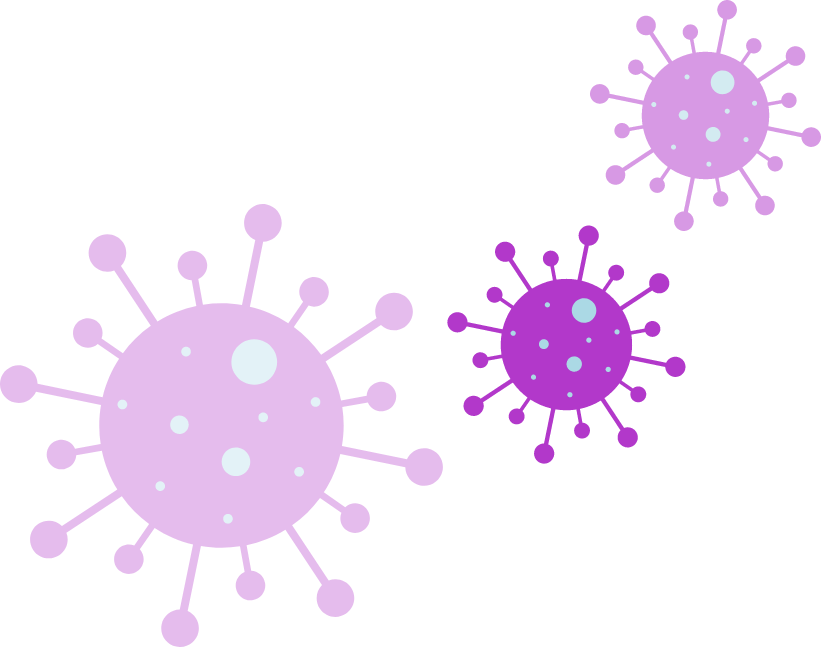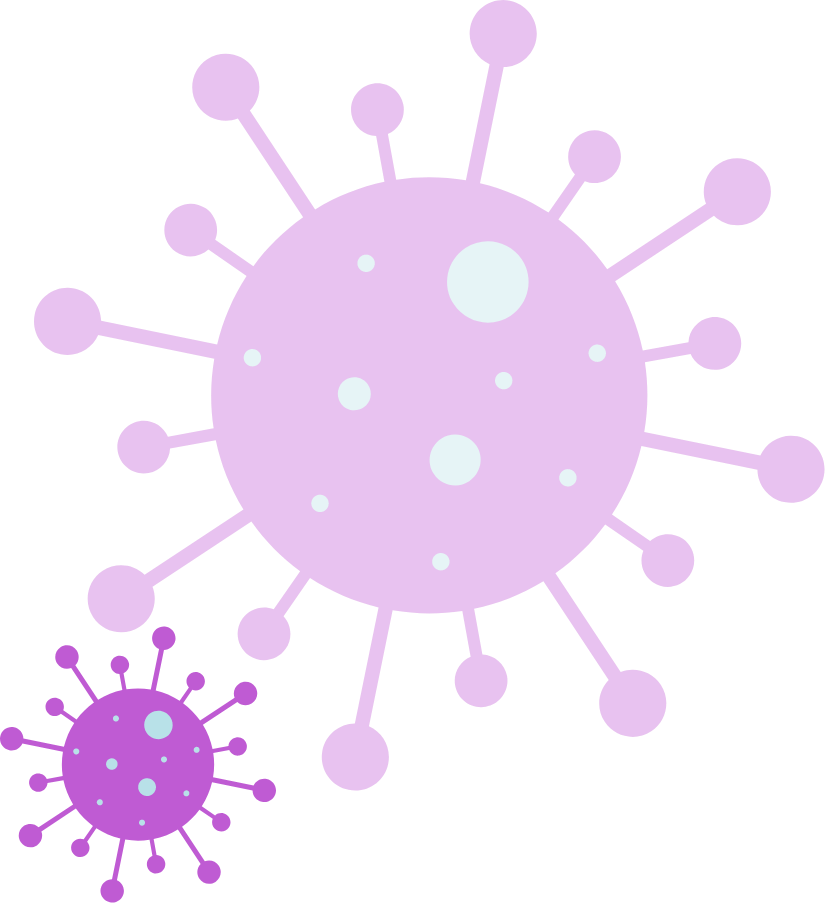
COVID-19 preclinical drug development database
TRV027 (an angiotensin(1-7) analogue) as a treatment for COVID-19
Imperial College London
Added 03/06/2020 | Updated 04/10/2021

Project Details
Type of project
- Tier 2: testing existing molecules
Therapeutic target
- Preventing death (respiratory failure, shock or multiple organ failure)
Type of supporting technology
Phase of project
- Lead optimisation and activity validation
- Experimental medicine study to show proof of concept
Modality (if can be disclosed)*
- Peptide
Molecular/cellular target (if known or can be disclosed)*
- ACE2
- The molecule is an angiotensin(1-7) analogue and its target is the angiotensin II receptor
Partner institutions/organisations
- Trevena
Key contact
Name: David Owen
Email Address: [email protected]
Phone Number: +447801140800
Key Collaborators:
Martin Wilkins
Kat Pollock
Joe Boyle
Anticipated timeframe of future outputs
This research project is looking for the following:
We are looking for other sites to join the studyFurther Details
Abstract or additional information (if available)*
Several clinical trials testing blockade of Angiotension II (AngII) in COVID-19 using angiotensin converting enzyme inhibitors (ACEI) or angiotensin II receptor blockers (ARBs) are underway (eg NCT04330300, NCT04335786 and NCT04355936). The rationale for these trials is based on the two predicates that internalisation and hence inactivation of ACE2 (the enzyme that metabolises AngII to Ang(1-7)) will cause AngII accumulation, and that COVID-19 has many features which are strikingly similar to the effects of AngII. Indeed, these features are apparent in preclinical models using AngII infusions. However, this approach may fail to yield net benefit, because it overlooks the role of Ang(1-7) and the impact of these drugs on Ang(1-7). Because Ang(1-7) is the product of ACE2 mediated AngII metabolism, the inactivation of ACE2 induced by COVID-19 will lead not only to AngII accumulation, but also to Ang(1-7) depletion. Ang(1-7) functionally antagonises AngII through its biased agonist action at the AngII receptor (ATR1). Indeed, animal models show that both AngII accumulation and Ang(1-7) depletion cause pathology which aligns with that seen in COVID-19 patients, including lung injury, lung inflammation, myocardial microinfarcts, characteristic glomerular thrombosis and coagulopathy. The coagulopathy is particularly noteworthy given an early increase in D-dimer has very high positive predictor value for death in COVID-19, and D-dimer concentrations are unusually high in COVID-19, over and above what would be expected for an acute phase response in an unwell patient. We therefore hypothesise that both pulmonary and extra pulmonary pathology in COVID-19 is partly explained by Ang(1-7) deficiency. Ang(1-7) replacement would not be expected to inhibit viral growth, but to protect against end-organ damage whilst the immune system (or an antiviral therapy), clears the infection. Importantly, ACEI and ARB treatment not only fail to address Ang(1-7) deficiency, but would in fact worsen it. This is because ACEI will further deplete Ang(1-7) production, over and above that caused by ACE2 internalization, by preventing AngII formation and hence AngII metabolism to Ang(1-7). And whilst ARBs will not further deplete Ang(1-7), they will prevent it from binding ATR1 and hence block its beneficial actions via this receptor. Unlike ACEI and ARBs, TRV027, a biased agonist at ATR1, would be expected to oppose the effects of AngII accumulation, but without worsening the Ang(1-7) deficiency. We are therefore performing an experimental medicine study to determine whether TRV027 has the potential to improve the disease course in COVID-19. The aim is to provide a go/no-go decision on whether to pursue it in a Phase IIB clinical trial. The study will randomise 60 COVID-19 positive subjects to 7 days treatment with TRV027 or placebo (1:1) and readout D-dimer and other disease relevant surrogate biomarkers
Published outputs (if available)*